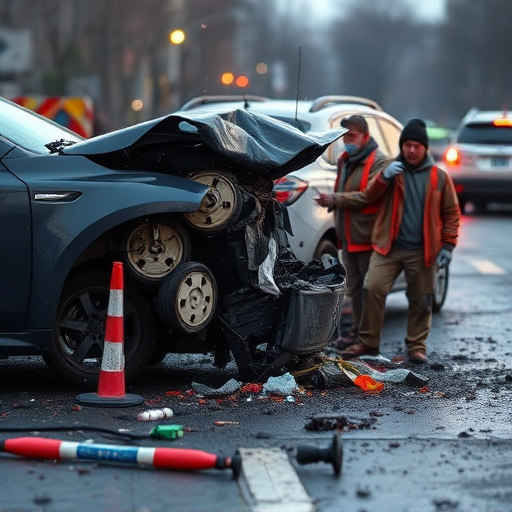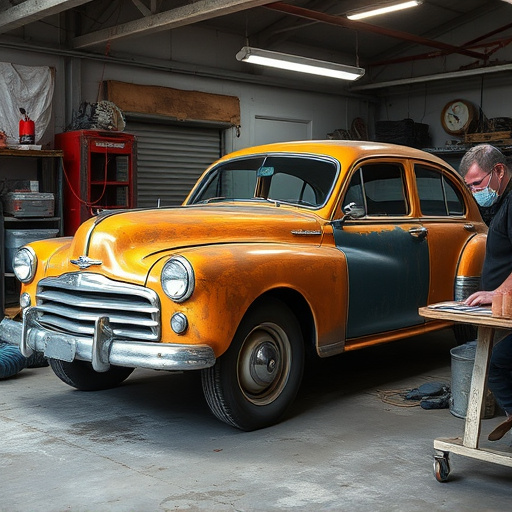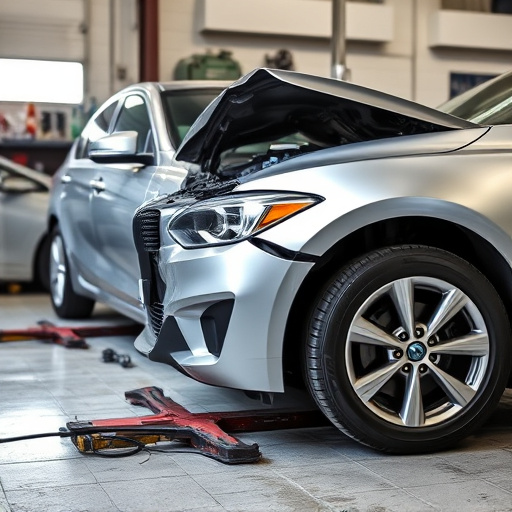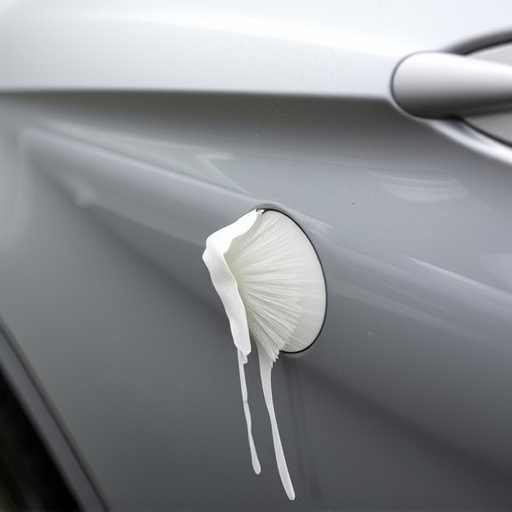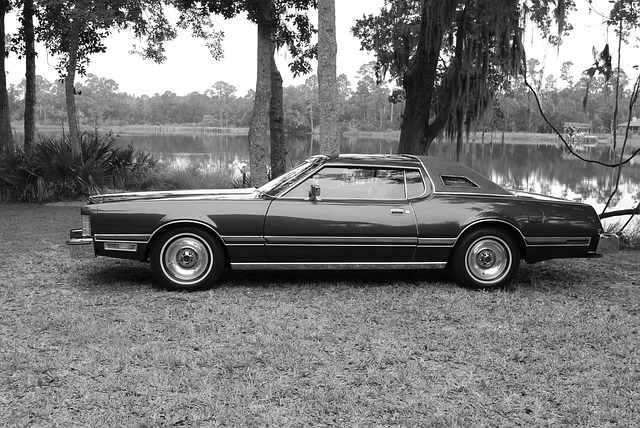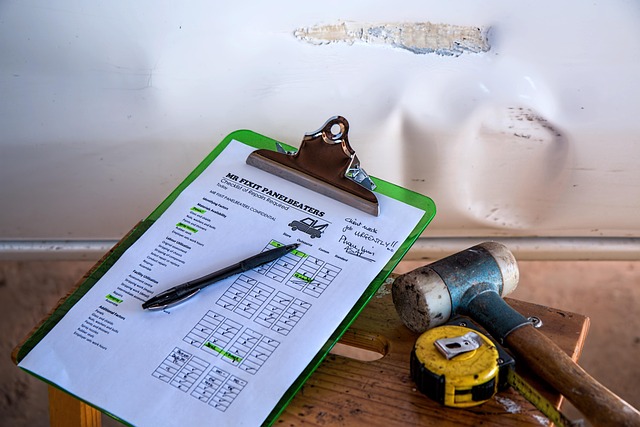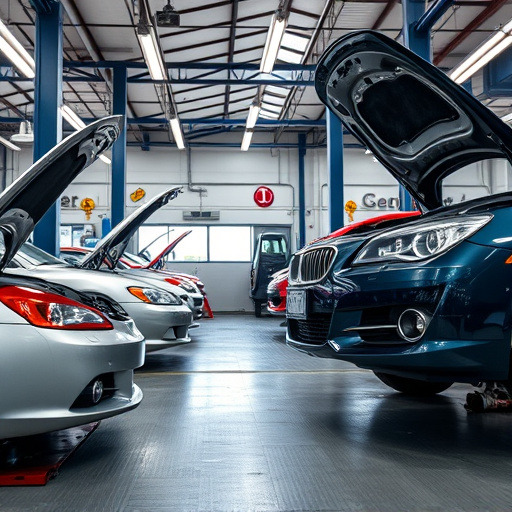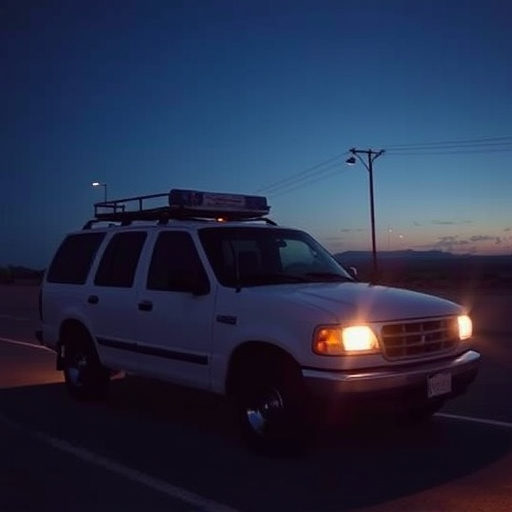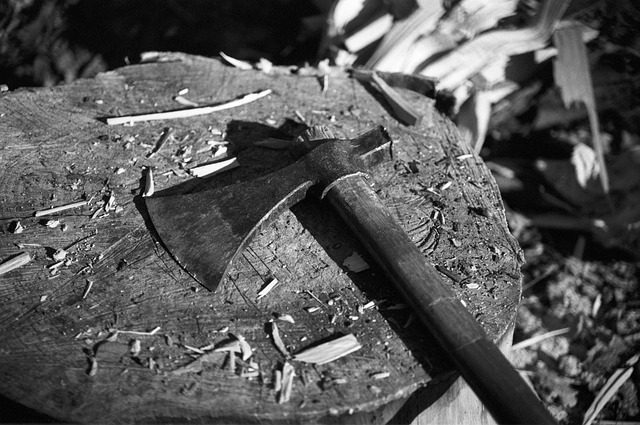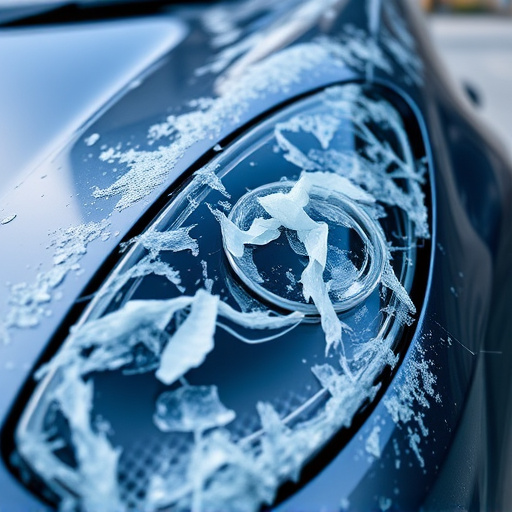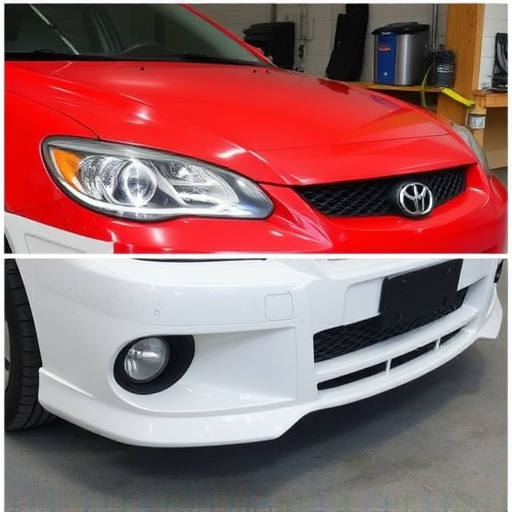Auto Body Repair Guarantees provide car owners peace of mind but often exclude rust damage due to its complex nature and potential causes like neglect or poor undercoating. While many shops offer guarantees for dent removal and paint repairs, rust coverage typically excludes pre-existing conditions and future deterioration. Consumers should specifically inquire about rust damage coverage and obtain detailed estimates from multiple reputable centers to avoid unexpected costs. Proactive protection includes comparing parts and labor costs, seeking second opinions, and inquiring about specialized rust removal treatments despite their non-guaranteed nature for long-term protection.
“Are you aware that not all auto body repair guarantees cover rust damage? This concise guide explores the intricacies of auto body repair guarantees and their limitations, shedding light on why rust-related repairs often fall through the cracks.
We delve into the specifics of rust damage coverage, offering insights to help consumers navigate these complexities. Additionally, practical tips are provided for managing rust repairs without a comprehensive guarantee in place.”
- Understanding Auto Body Repair Guarantees and Their Limitations
- The Ins and Outs of Rust Damage Coverage
- Navigating Rust Repairs Without a Guarantee: Tips for Consumers
Understanding Auto Body Repair Guarantees and Their Limitations
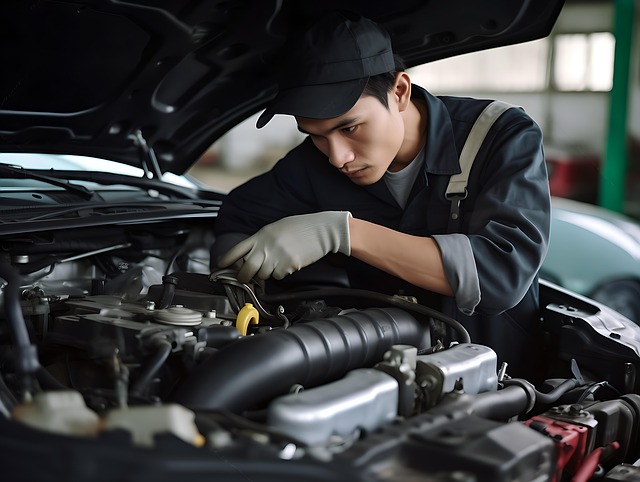
Auto Body Repair Guarantees are designed to offer peace of mind, assuring car owners that their vehicles will be restored to pre-accident condition. However, understanding the limitations of these guarantees is crucial when facing complex issues like rust damage. While many collision repair centers include a guarantee with services such as dent removal and car paint repair, coverage for rust often has significant exclusions or restrictions. This is because rust is not always a result of the initial collision; it can develop over time due to various factors including environmental exposure and poor undercoating.
As a result, auto body repair guarantees typically do not cover pre-existing conditions or future deterioration. Rust damage that already exists before a collision may not be repaired or replaced under the standard warranty, as it’s considered normal wear and tear. Even after a repair, if new rust forms due to inadequate surface preparation or poor paint quality, it might not fall under the guarantee either. Therefore, when considering auto body repair services, car owners should inquire specifically about rust damage coverage and be aware of what is and isn’t included in their chosen collision repair center’s warranty.
The Ins and Outs of Rust Damage Coverage

When it comes to auto body repair guarantees, understanding what’s covered—and what isn’t—is crucial for vehicle owners. Many auto body shops offer guarantees on their repairs, providing peace of mind and assurance that your car will be returned to you in excellent condition. However, one common exclusion is rust damage.
Rust can sneak up on vehicles, especially those left outdoors without proper maintenance or protection. It’s a result of oxidation, where iron in the metal reacts with oxygen and moisture, leading to a flaky, brittle surface. While an auto body repair guarantee might cover various issues, such as misaligned panels or poor paint job, rust is often treated differently. This is because rust damage is typically seen as a sign of neglect or improper storage, making it less likely to be covered by the standard warranty. In some cases, shops may offer additional coverage for rust repair, but this usually comes at an extra cost. Car collision repair involving rust removal and vehicle restoration to its original condition requires specialized techniques and materials, which can significantly impact the overall repair bill.
Navigating Rust Repairs Without a Guarantee: Tips for Consumers
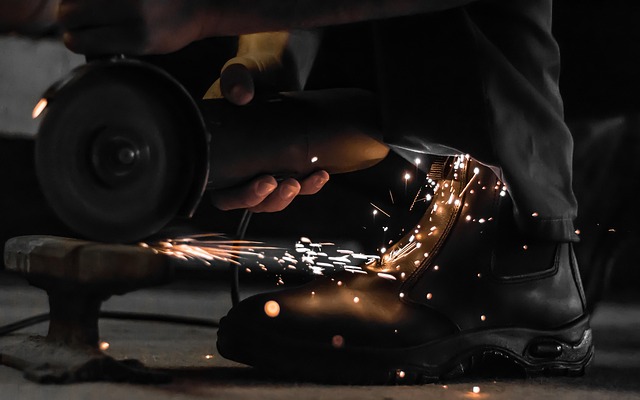
Navigating Rust Repairs Without a Guarantee: Tips for Consumers
When it comes to auto body repair guarantees, rust damage is often an exclusion. This can leave consumers facing hefty bills for repairs that aren’t covered. If you find yourself in this situation, remember that there are steps you can take to protect your investment and ensure quality work. Start by gathering detailed estimates from multiple reputable collision repair centers, comparing both the cost of parts and labor.
Seeking second opinions is also crucial; it helps verify the extent of the damage and the feasibility of proposed repairs. Additionally, inquire about specialized treatments for rust removal and prevention. While these might not be part of a standard auto body repair guarantee, many collision repair centers offer such services at competitive prices. Remember to ask about warranties on these additional treatments to ensure long-term protection for your vehicle’s bodywork.
While auto body repair guarantees offer peace of mind, it’s crucial to understand their limitations. Many standard warranties don’t cover rust damage due to its progressive nature and potential for hidden severity. Consumers navigating repairs without a specific rust coverage clause should focus on preventative care, regular washing and waxing, and early detection to mitigate costs. By staying informed and proactive, you can protect your vehicle investment even without comprehensive auto body repair guarantee coverage for rust issues.
